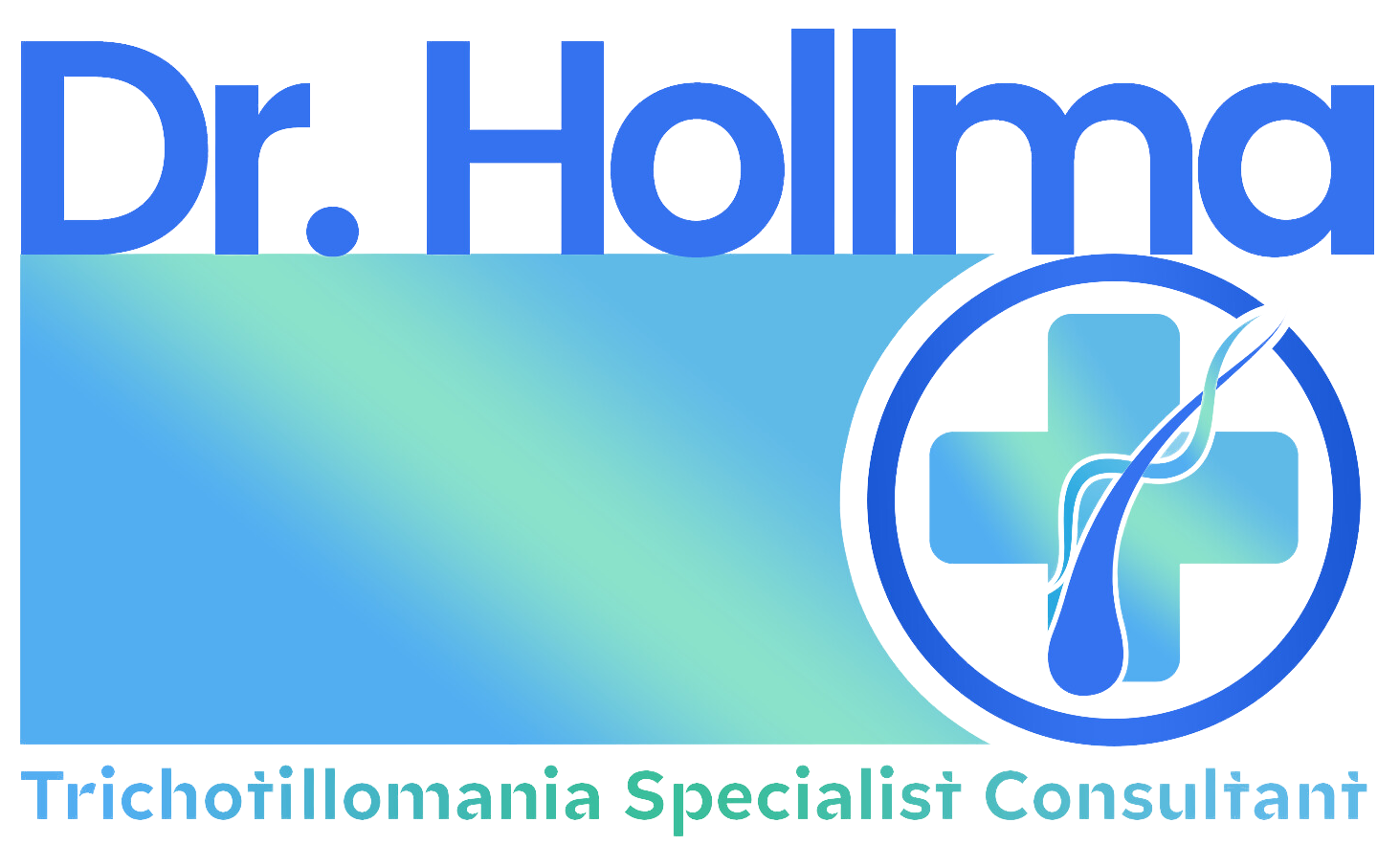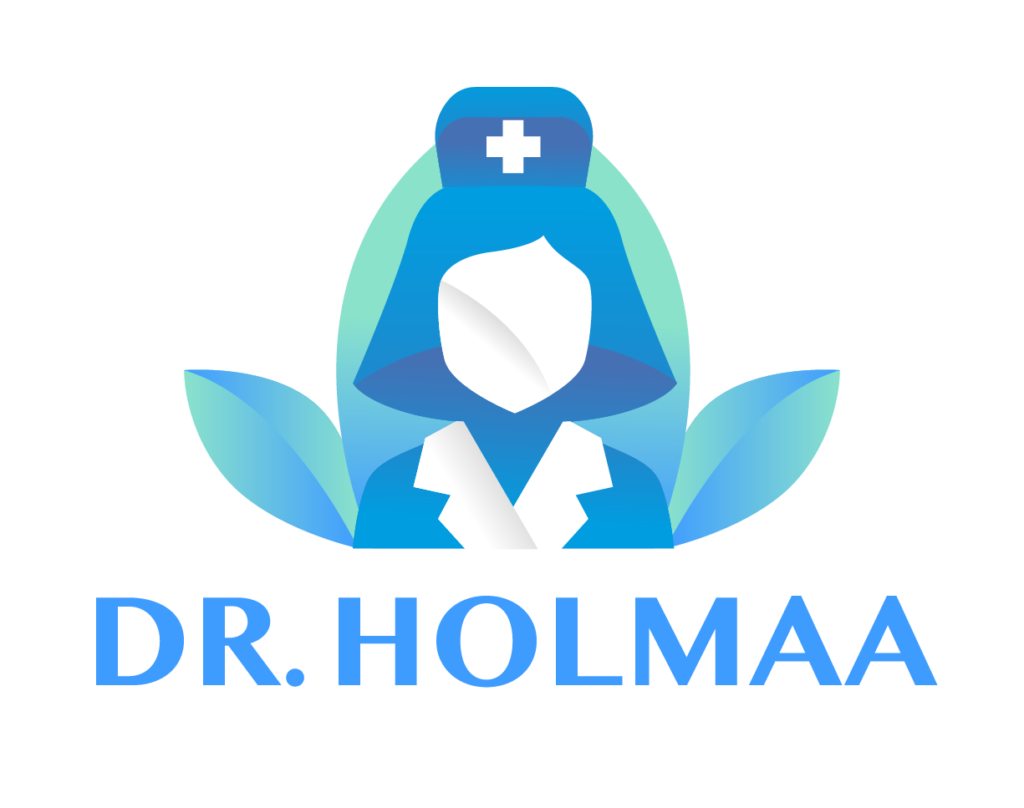Personalized Consultation for Trichotillomania Management
Empathetic, Expert Guidance to Help You Regain Control
About Dr. Holma's Approach
As someone who has personally battled Trichotillomania, I understand the challenges you face. My journey has given me a deep empathy for others struggling with this condition. With a PhD in Mass communication & jornaliism and years of research all over the world, I offer expert guidance to help you manage Trichotillomania effectively.
What to Expect from a Consultation
- Initial Assessment
In our first meeting, I'll take the time to understand your unique situation and identify your specific triggers. This assessment allows me to gain insight into your individual experience with Trichotillomania.
- Personalized Treatment Plan
Based on the initial assessment, I will create a tailored treatment plan just for you. This plan will combine various therapies and techniques that best suit your needs.
- Support and Guidance
Throughout your treatment journey, I will provide ongoing support and make adjustments to your plan as necessary. My goal is to ensure you are on the path to improvement and feel supported every step of the way.
My Specializations
Behavioral Therapy
Behavioral therapy, especially Habit Reversal Training (HRT) and Cognitive Behavioral Therapy (CBT), are key components of my approach. HRT helps you recognize the urge to pull hair and replace it with less harmful actions, while CBT focuses on changing negative thought patterns that lead to hair-pulling.
Art Therapy
Art therapy provides a creative outlet for stress and emotions. Engaging in activities like painting, drawing, and sculpting can distract from the urge to pull hair and offer a way to express feelings that might otherwise trigger the behavior. Art therapy reduces anxiety and promotes self-expression.
Support Groups
Joining a support group can provide a sense of community and understanding. Sharing experiences and strategies with others who have Trichotillomania can offer emotional support and practical advice. Support groups can also reduce feelings of isolation and stigma.
Relaxation Techniques
Relaxation techniques are essential for managing the stress and anxiety that often trigger Trichotillomania. Techniques such as deep breathing exercises and progressive muscle relaxation can help calm the mind and body. Incorporating these practices into your routine can lead to long-term improvements.
Trichotillomania Medication
In some cases, medication can be beneficial in managing Trichotillomania. Selective Serotonin Reuptake Inhibitors (SSRIs) and other medications prescribed by a healthcare professional can help reduce anxiety and compulsive behaviors associated with hair-pulling.
Before & After Trichotillomania
Testimonials
Discover inspiring stories of improvement and regained confidence from others who have successfully managed their Trichotillomania

Book a Consultation
Start your journey with a free 30-minute consultation to discuss your needs and begin developing your personalized treatment plan. This initial session is an opportunity to explore how we can work together to manage your Trichotillomania effectively.


